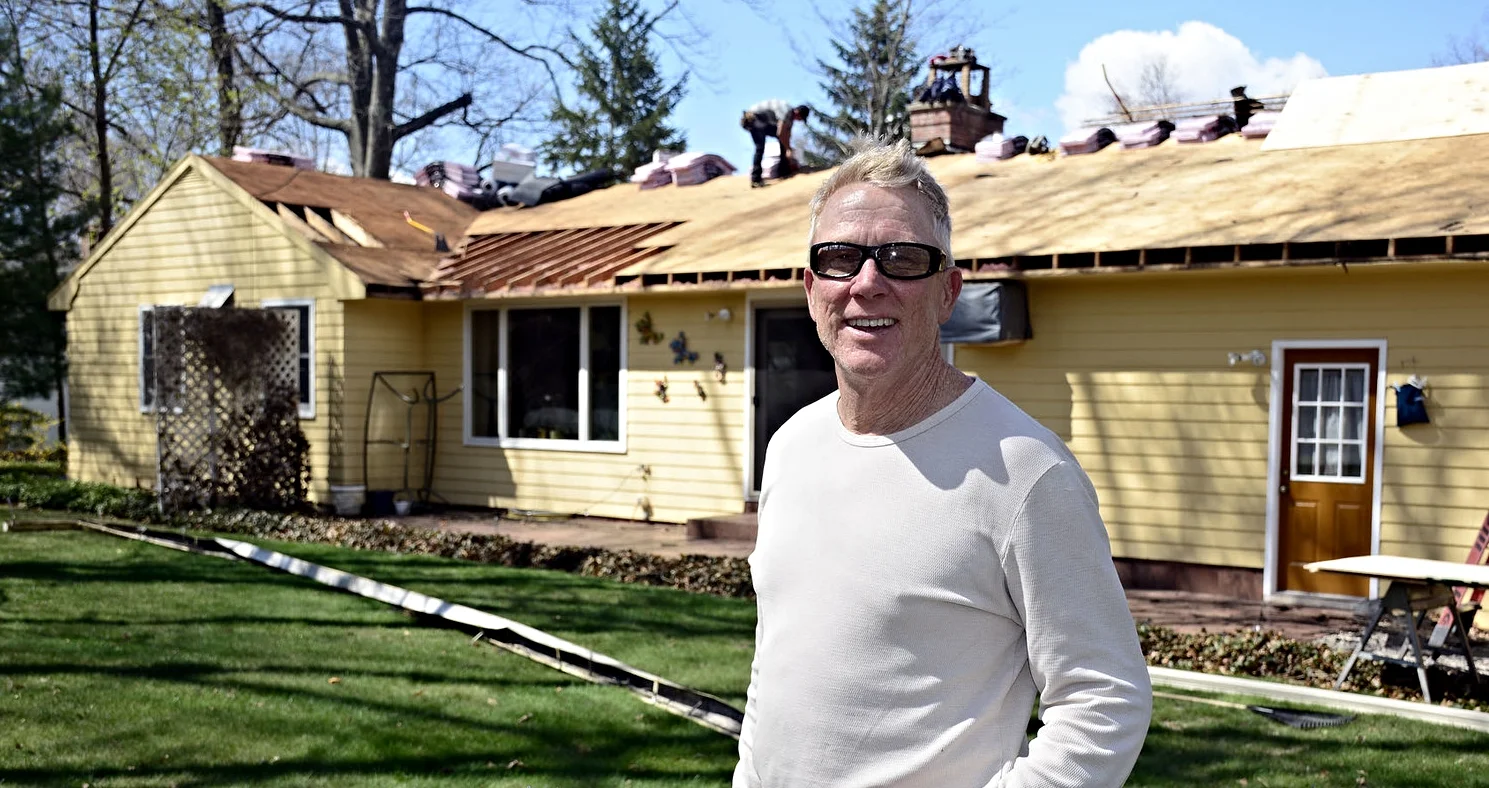Keep Your Home Cooler with These Summer A/C Tips
Chelsea O'Donnell
As temperatures and humidity rise, many homeowners turn up the air conditioning to stay comfortable. However, overworking your A/C system without proper maintenance can lead to reduced efficiency, an increased likelihood of mold, and potential water damage. Here are several ways to stay cool while keeping your house’s health in check.
1. Replace or clean your air filter regularly.
A clogged air filter can reduce your A/C’s efficiency by up to 50%. Check your filter monthly and replace or clean it as needed. A clean filter improves airflow, helps the unit cool more effectively, and reduces the amount of dust, pollen, and mold in the air. When selecting a filter, consider its MERV (Minimum Efficiency Reporting Value) rating. Residential units typically use filters with a MERV rating between 1 and 12. Higher ratings trap smaller particles and can improve indoor air quality.
2. Seal gaps around window units.
Window air conditioners can allow warm, humid air into the home if not properly installed. Use foam insulation or foil tape to seal gaps around the unit. This reduces energy loss and keeps your space cooler. Materials are inexpensive and available at most hardware and home improvement stores.
3. Use a programmable timer or smart plug.
Air conditioners use a significant amount of energy. Avoid running your unit at full power when you’re not home. A programmable timer or smart plug can adjust the temperature while you’re away and return it to a comfortable level before you arrive. This helps reduce wear on the system and can lower energy bills.
4. Check attic insulation and ventilation.
Poor attic insulation can make it harder to keep your home cool, especially on hot days. If your ceiling feels warm to the touch, it may indicate that there is insufficient insulation. Improving insulation and ventilation helps maintain indoor temperatures and reduces the strain on your A/C system. This also benefits your home during the winter months.
5. Inspect your system for leaks.
Water leaks from central A/C units often result from a cracked drain pan, clogged filter, or a blocked condensate line. These issues can lead to water damage in ceilings or walls. If you notice any signs of leaking, turn off the system and inspect these areas promptly. Addressing small issues early can prevent costly repairs later.
Staying cool doesn’t have to come at the cost of high energy bills or home damage. With a few simple checks and low-cost upgrades, you can improve your air conditioner’s performance and keep your home comfortable all summer long. Regular maintenance now can also extend the life of your system and help prevent unexpected breakdowns when the heat is at its worst.
Bob O’Donnell is the owner of O’Donnell Bros. Inc., a Bristol-based home improvement company established in 1975. Email your questions to info@odonnellbros.com with the subject line “Ask the Pro.” All questions may be considered for publication. For remodeling inquiries, call (860) 589-5155 or visit www.odonnellbros.com. Advice is for general guidance only.
